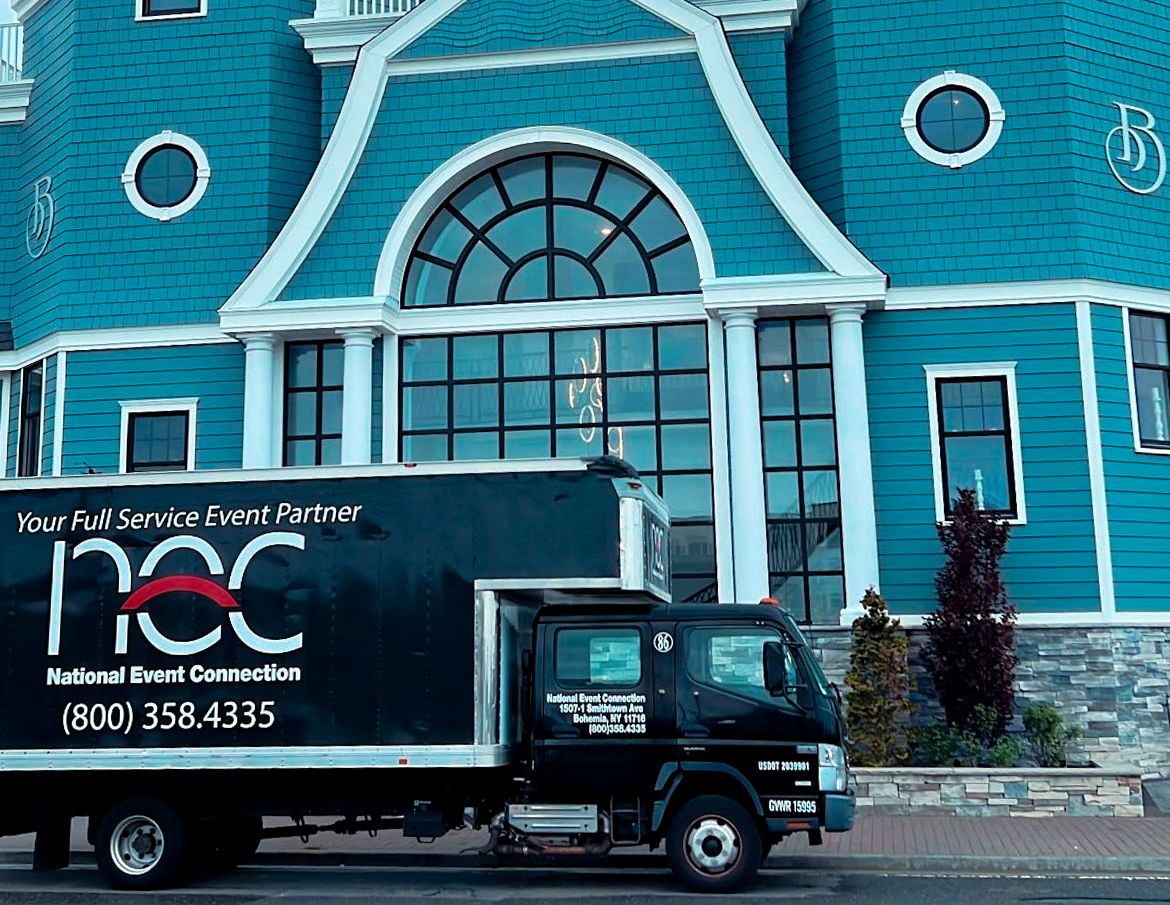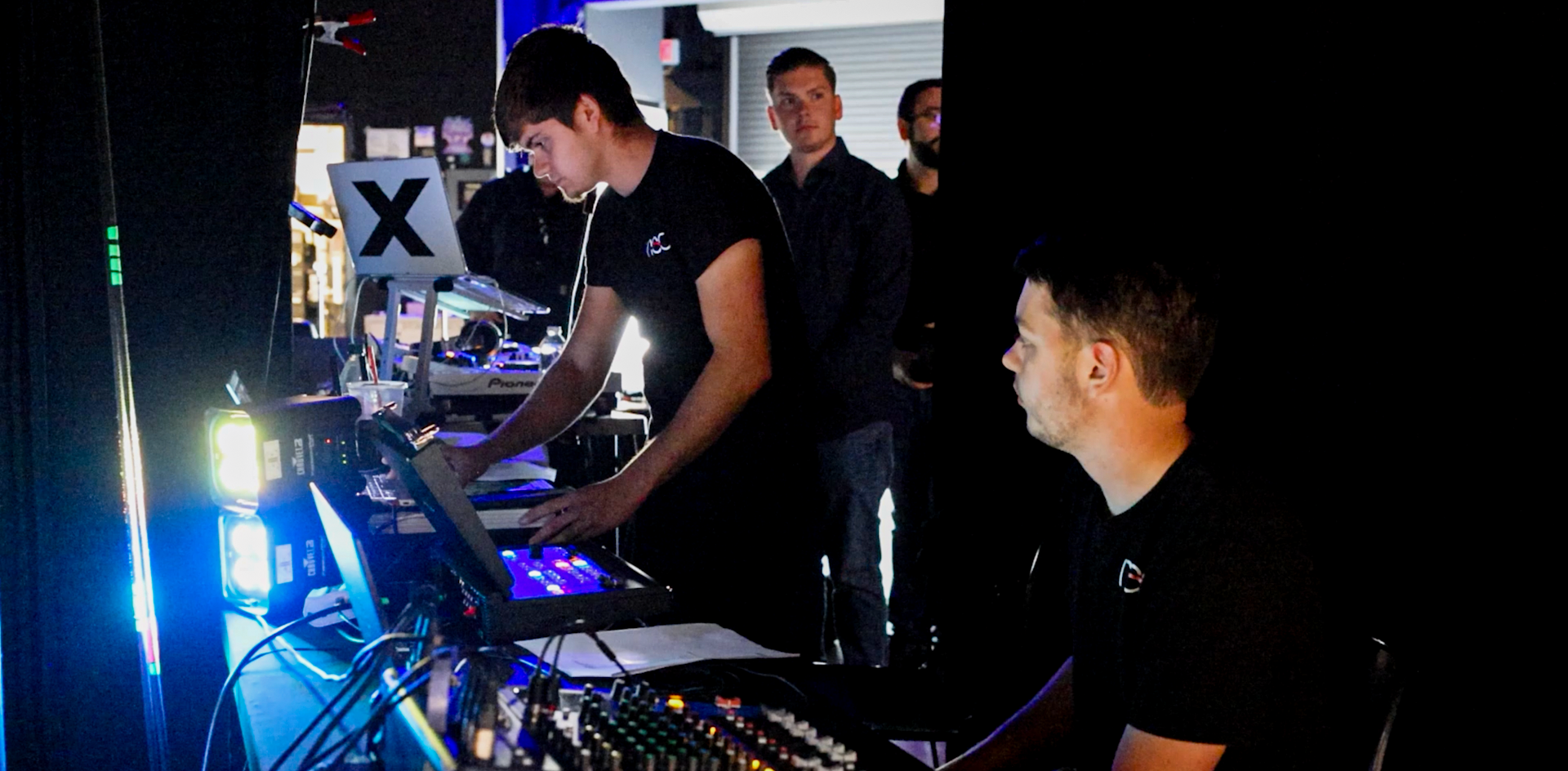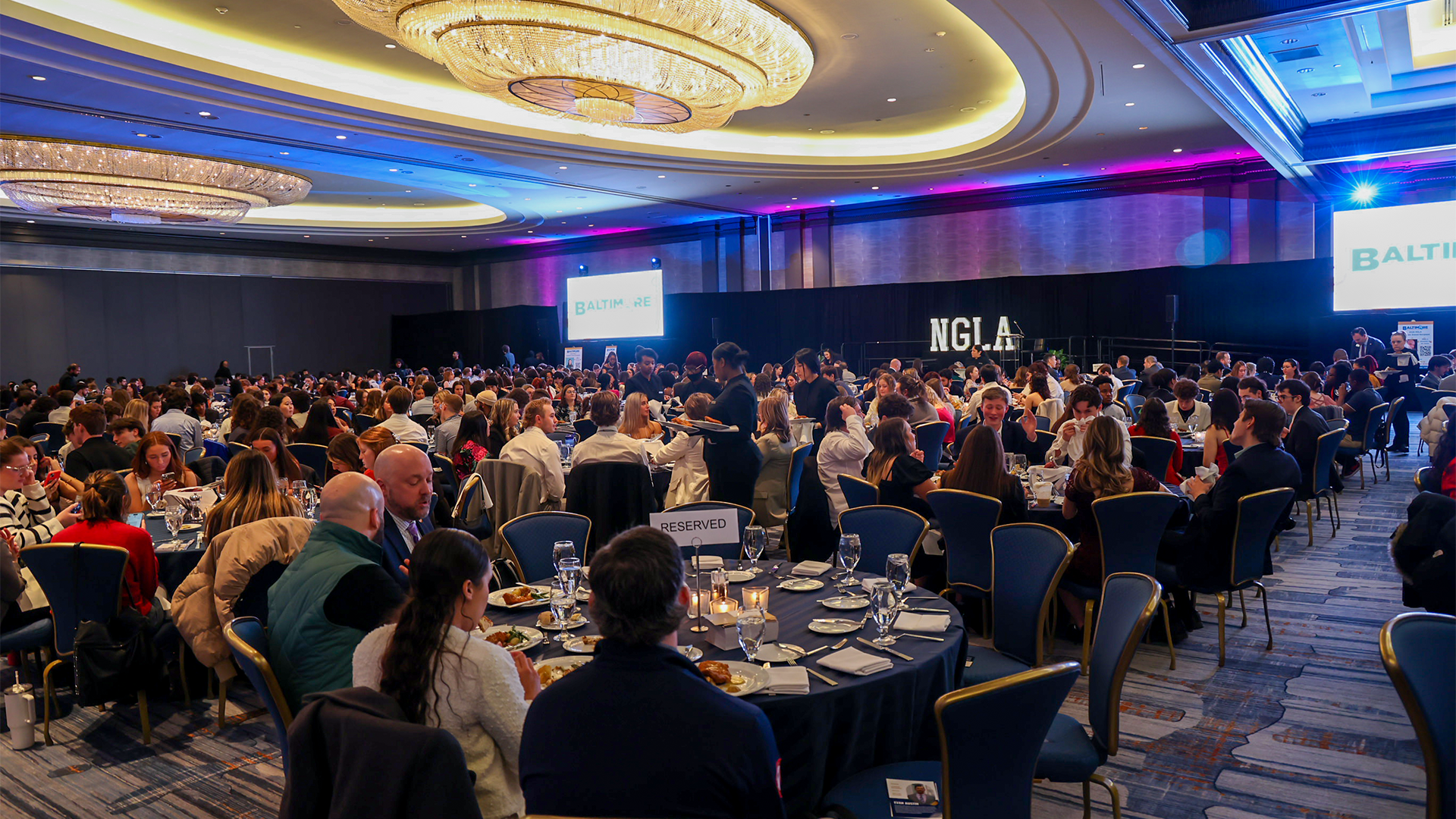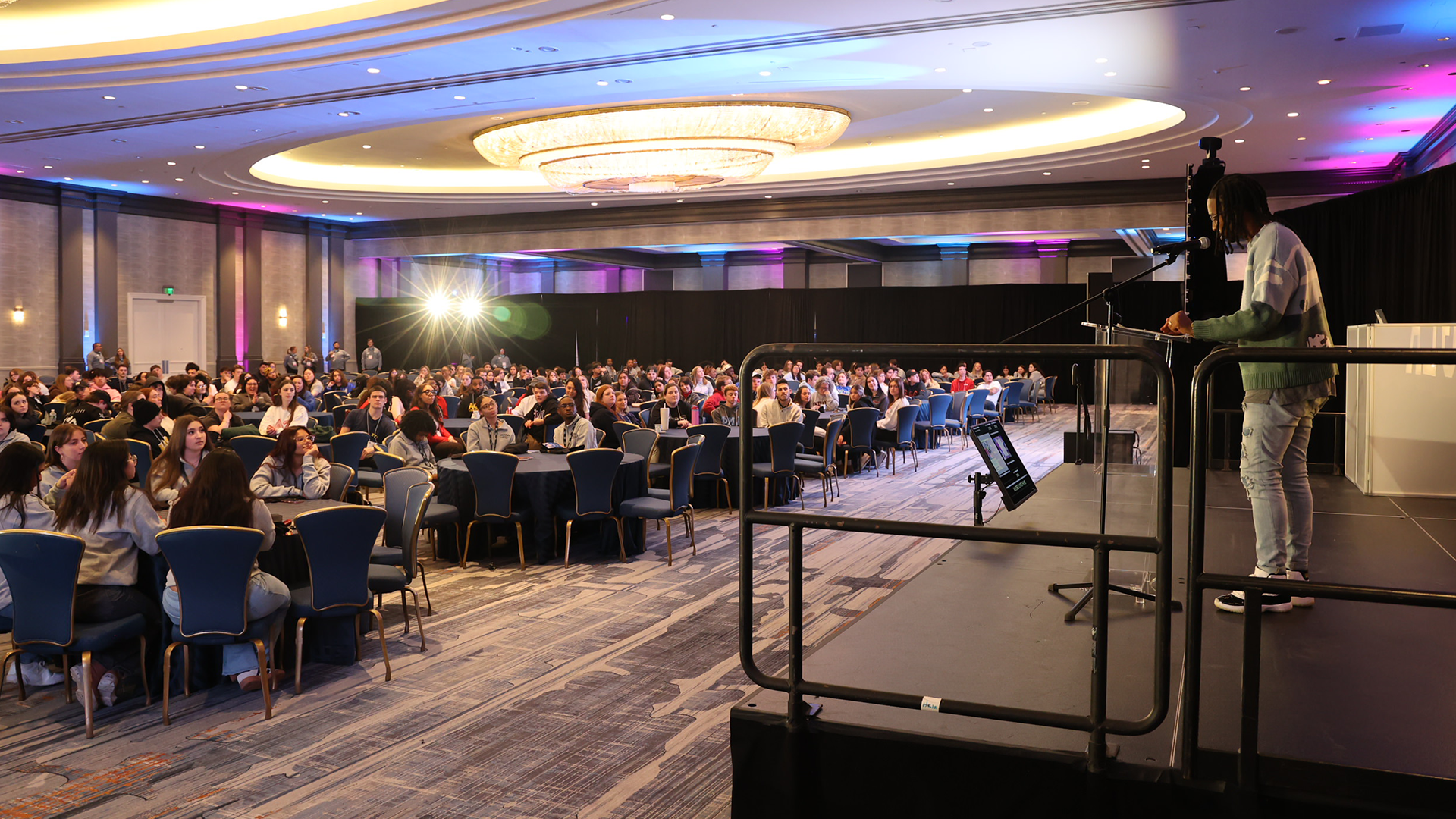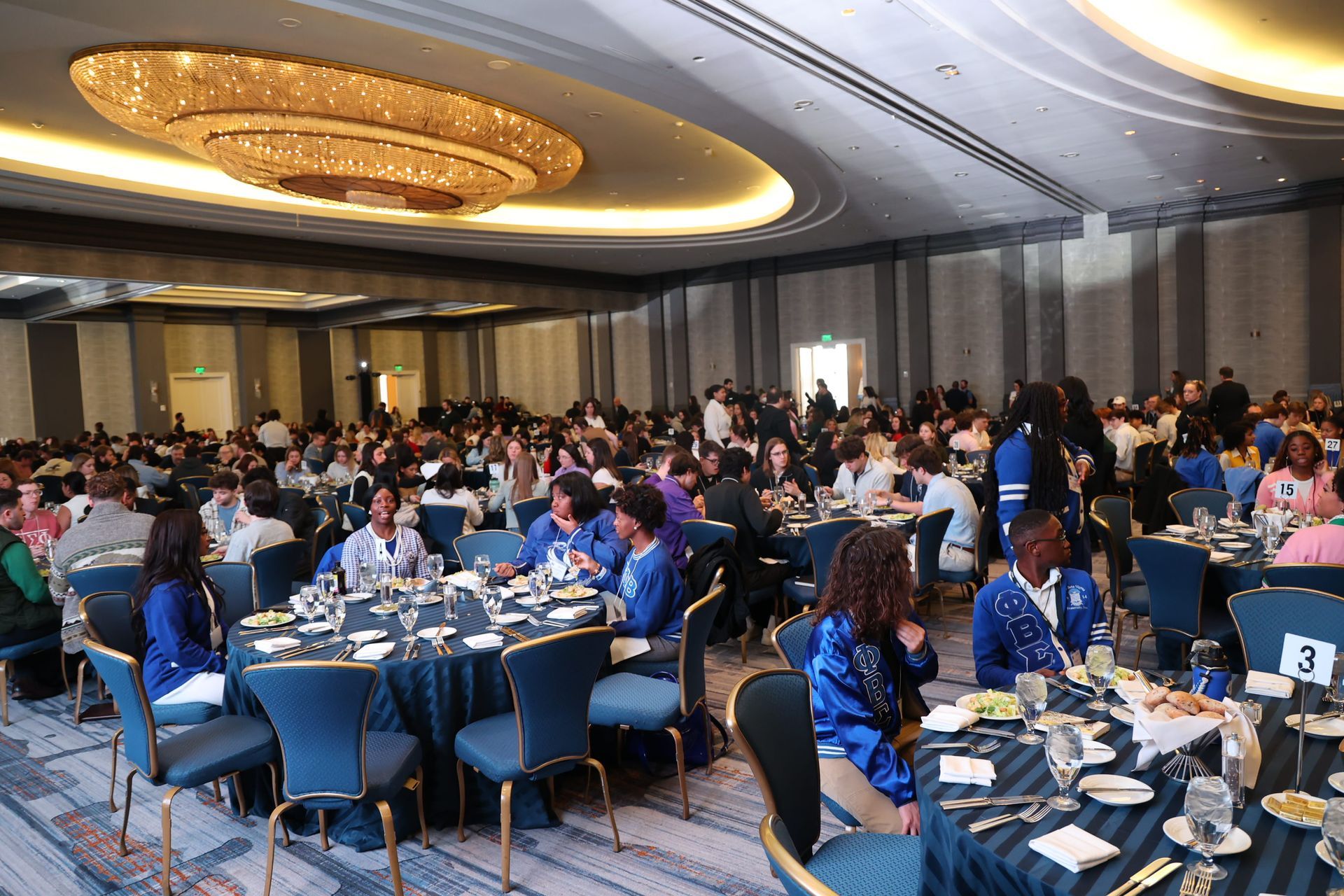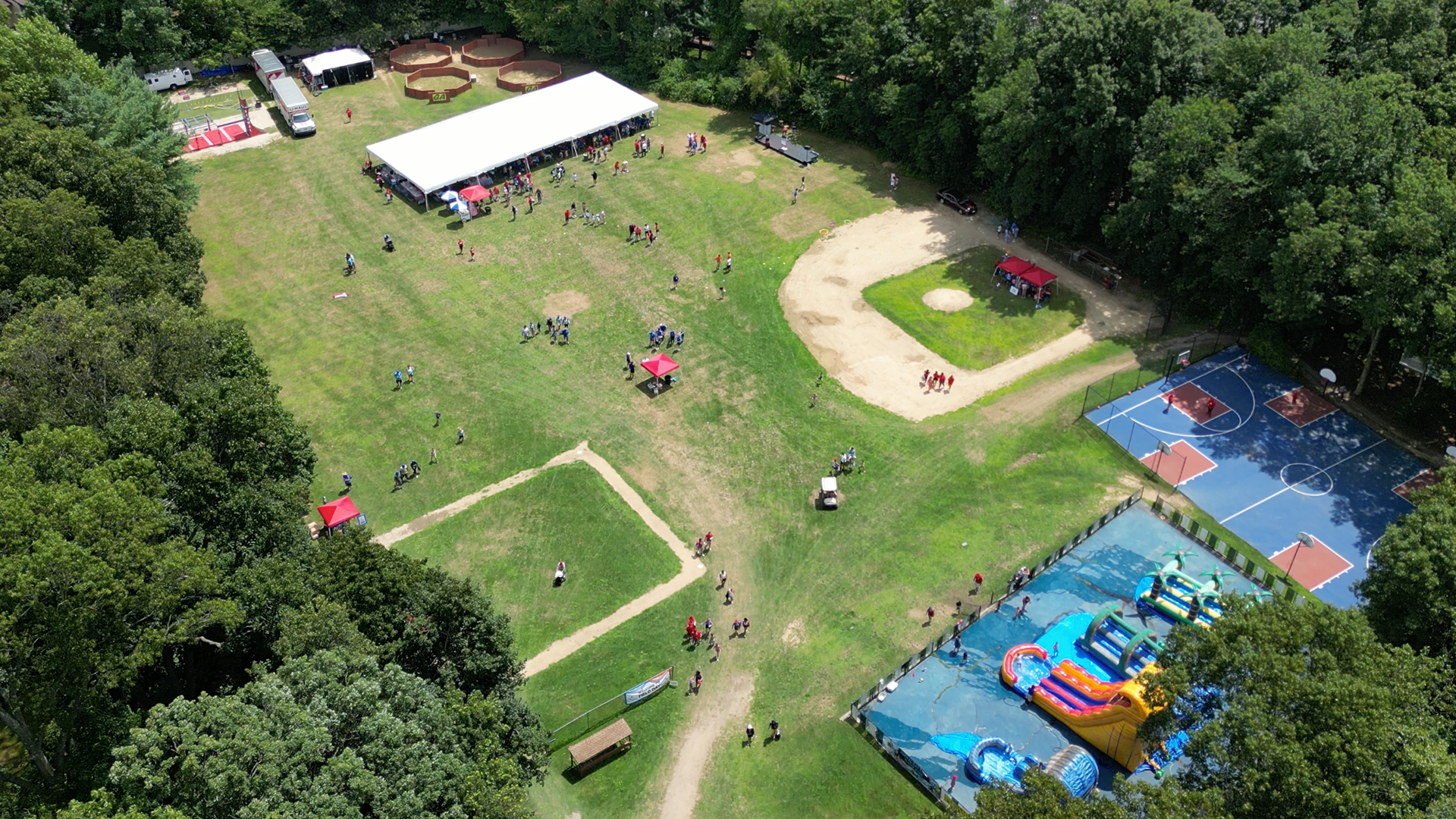Event Planning 101: Marketing Your Event For Successful Turnout
Why Market Your Event?
In the competitive landscape of event planning, marketing isn't just an add-on; it's crucial for success. A targeted marketing plan ensures your event reaches the right audience, builds awareness, and generates interest. Whether you're planning and selling tickets for a festival, or coordinating a philanthropic fundraiser, effective marketing can turn potential attendees into actual participants, maximizing turnout. With a strategic approach, you can differentiate your event from countless others, making it stand out. Whether you're organizing a corporate event or a community gathering, a well-crafted marketing strategy helps you connect with your audience, ensuring your event's goals are met and expectations exceeded. Effective marketing is the lifeline that brings your event to the forefront of potential attendees' minds.
Developing a Comprehensive Marketing Strategy
Crafting a comprehensive marketing strategy involves identifying your target audience and understanding their needs. First set up goals for ticket sales or attendee registrations. This will help you stay on track to meet your attendance targets. Utilize a multi-channel approach that includes social media campaigns, email marketing, and influencer collaborations. Engage your audience with a mix of digital content and traditional marketing methods. Integrating consistent messaging across all platforms is crucial. Monitor and adjust your strategy based on data-driven insights to ensure maximum reach and effectiveness. By combining these elements, you can create a robust marketing plan that resonates with your audience and drives attendance.
Harnessing the Power of Social Media
Social media offers unparalleled opportunities for event promotion. Leverage platforms like LinkedIn, Twitter, and Facebook to create engaging content that excites your audience. Post teaser videos, behind-the-scenes photos, and speaker highlights to generate buzz. Encourage user-generated content by prompting attendees to share their experiences using event-specific hashtags. This not only broadens your reach but also builds a sense of community. Schedule regular updates and interactive polls to maintain engagement leading up to the event. Consider using platform-specific advertising options to target your desired demographic more effectively. By adopting a strategic and interactive approach, you can ensure your event becomes a focal point in online conversations within your industry.
Effective Email Marketing Techniques
Crafting personalized email campaigns can significantly enhance event turnout. Focus on delivering value by highlighting unique aspects of your event—exclusive sessions, special guest speakers, or early bird discounts. Personalization is key; use the recipient's name and tailor content to their interests. Segmented lists allow you to target specific groups with relevant information, increasing engagement. Additionally, maintain a consistent schedule, providing timely updates and reminders as the event approaches. Incorporate eye-catching visuals and clear calls-to-action to make your emails stand out in crowded inboxes. Finally, use analytics to track open rates and clicks, enabling you to refine your approach for maximum effectiveness.
Leveraging Influencer and Sponsor Collaborations
Collaborating with industry influencers and sponsors can exponentially boost your event's visibility and credibility. Influencers, with their established trust and large followings, can effectively promote your event to a broader audience. Their endorsements lend an element of authenticity that traditional ads often lack. Similarly, sponsors, especially those aligned with your event's theme, can offer valuable resources and co-marketing opportunities. This partnership not only enhances your event's reach but also adds layers of value and engagement for attendees. Coordinate with these partners to create co-branded content, special promotions, and joint announcements to maximize impact and attendance.
Optimizing Your Event Website for Maximum Impact
Your event website must function as a comprehensive resource center. Design it to be intuitive and user-friendly, incorporating all vital information such as agendas, speaker bios, and registration links. High-quality visuals and a clear layout improve user experience. Use SEO best practices, including keyword optimization and meta tags, to enhance search engine rankings. Integrate features like countdown timers and live chat support to engage visitors and answer queries in real-time. Ensure mobile compatibility, as a significant portion of users access websites via smartphones. Regularly update content to keep it fresh and relevant, which also helps in maintaining good SEO performance.
Paid Advertising Strategies
Paid advertising is a strategic approach to target specific demographics and enhance your event's reach. Utilize platforms like Google Ads and social media ads for precise targeting based on factors such as location, job title, and interests. Social media advertising is particularly cost-effective; for example, you can set a budget as low as $1.00 per day on Facebook. This allows you to flexibly adjust campaigns based on real-time data, ensuring that your marketing efforts are both efficient and impactful. Analyzing performance metrics will help refine your strategies, maximizing ROI and driving higher attendance for your event.
Engaging Local Businesses and Community
Partnering with local businesses can significantly boost your event's visibility and credibility. Collaborate with nearby restaurants, shops, and service providers for cross-promotional activities like joint social media campaigns or special offers for attendees. Consider hosting pre-event meetups or post-event gatherings at local venues to foster a sense of community. These partnerships not only enhance your event's appeal but also create mutually beneficial relationships, opening doors for future collaborations. Engaging the community adds an extra layer of support and enthusiasm, making your event more successful and memorable.
Peer-to-Peer Marketing and Word of Mouth
Encourage attendees to become ambassadors for your event by creating shareable content like infographics, testimonials, and personalized invitations. Develop referral programs or group ticket prices that reward attendees for bringing friends or colleagues. Use easy-to-share links and social media tags to make spreading the word effortless. Peer-to-peer recommendations often hold more weight than traditional advertising, adding an extra layer of trust and authenticity to your marketing efforts. Leverage this organic reach by continuously engaging with your audience and providing them with the tools and incentives to share your event.
Ensuring Successful Event Turnout
Marketing is the linchpin of effective event planning and management. A multi-faceted approach that includes social media, email campaigns, influencer partnerships, and local business collaborations can significantly amplify your event's reach. Optimizing your event website and employing paid advertising ensures precise targeting and better engagement. Leveraging peer-to-peer marketing adds authenticity, further enhancing trust and interest. By integrating these strategies, you can elevate your event from concept to successful execution, ensuring it stands out in a crowded market. A thoughtful, data-driven marketing plan is indispensable for achieving high turnout and leaving a lasting impression on your attendees.
